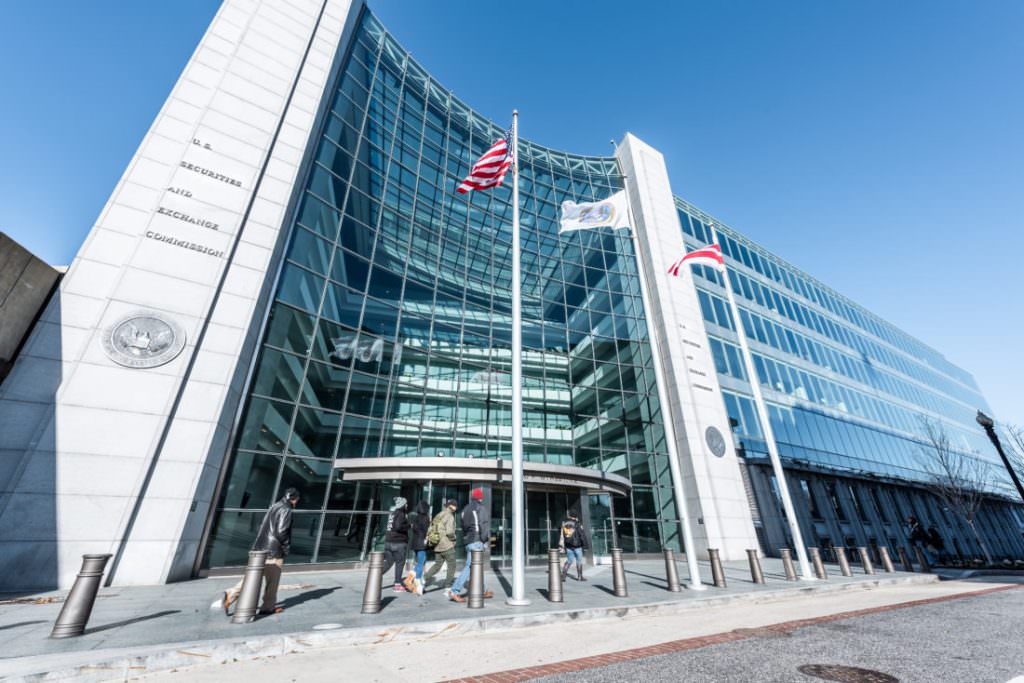
In a report by the Office of Compliance Inspections and Examinations (OCIE) of the US Securities and Exchange Commission (SEC), the cryptocurrency space has been named as a priority. The body states that the industry may pose high levels of risk to retail investors.
The OCIE oversees thousands of investment advisers, mutual funds and ETFs, and broker-dealers, along with many agents, advisers, and various exchanges. The body’s stated mission is aid the SEC in protecting investors, maintaining the fairness and efficiency of markets, and the easing of capital formation by way of inspections and examinations of various market participants.
Cryptocurrency Space in Grows Tandem with Potential Risks
In the document stating the priorities of the SEC’s OCIE for 2019, the inspections division of the financial regulator acknowledged the parabolic growth of the cryptocurrency industry. According to the body, such a rapid growth presents enhanced risk for retail investors.
The OCIE document stats that the number of participants in the digital currency market has exploded in recent years and continues to follow this trend of growth. It mentioned the following market players explicitly: broker-dealers, trading platforms, and investment advisers.
The document states that the OCIE will continue to keep a watchful eye over the space. Particular attention will be paid to companies or individuals currently involved in the sale, trade, or management of digital currencies, along with those that seek to offer such services going forward.
The OCIE goes on to state that it will be conducting inspections on market participants. These examinations will focus on how said individuals or companies manage portfolios of digital assets, their trading practices, their regulatory compliance, and how well they secure the funds of clients, amongst other things.
Other areas besides crypto mentioned by the OCIE as priorities for 2019 include: matters of importance relating to retail investors, compliance and risk in those registered with the regulators that are responsible for market infrastructure, certain programmes of FINRA and MSRB, cyber security, and anti-money laundering.
Regulatory Oversight Aims to Protect Cryptocurrency Investors
Since the cryptocurrency space has evolved largely out of the scope of investors, it has become rife with various scams. Common amongst these is the fraudulent initial coin offering. During the bull run of 2017, just about every firm launching an ICO would benefit from massive amounts of digital assets for little more than a whitepaper. Such unregulated capital accumulation did not go unnoticed by the SEC.
The regulatory body has spent much of the last 18 months attempting to police the space and bringing the most blatant fraudsters to justice. One famous example was an ICO promoted by Floyd Mayweather and DJ Kalhed. There have been many other similar cases, however.
More recently, the SEC judged that many cryptocurrencies would fall under its direct jurisdiction as securities. Bitcoin and Ether have remained exempt from this ruling for now. This classification has given the regulatory body much greater freedom to go after scams and those promoting them in the space. However, the issue of which assets are securities and which are not is still a murky one – much to the chagrin of many industry professionals.
Related Reading: SEC Orders Airfox and Paragon to Return Millions to Investors on ICO Registration Violations
Featured Image from Shutterstock.
